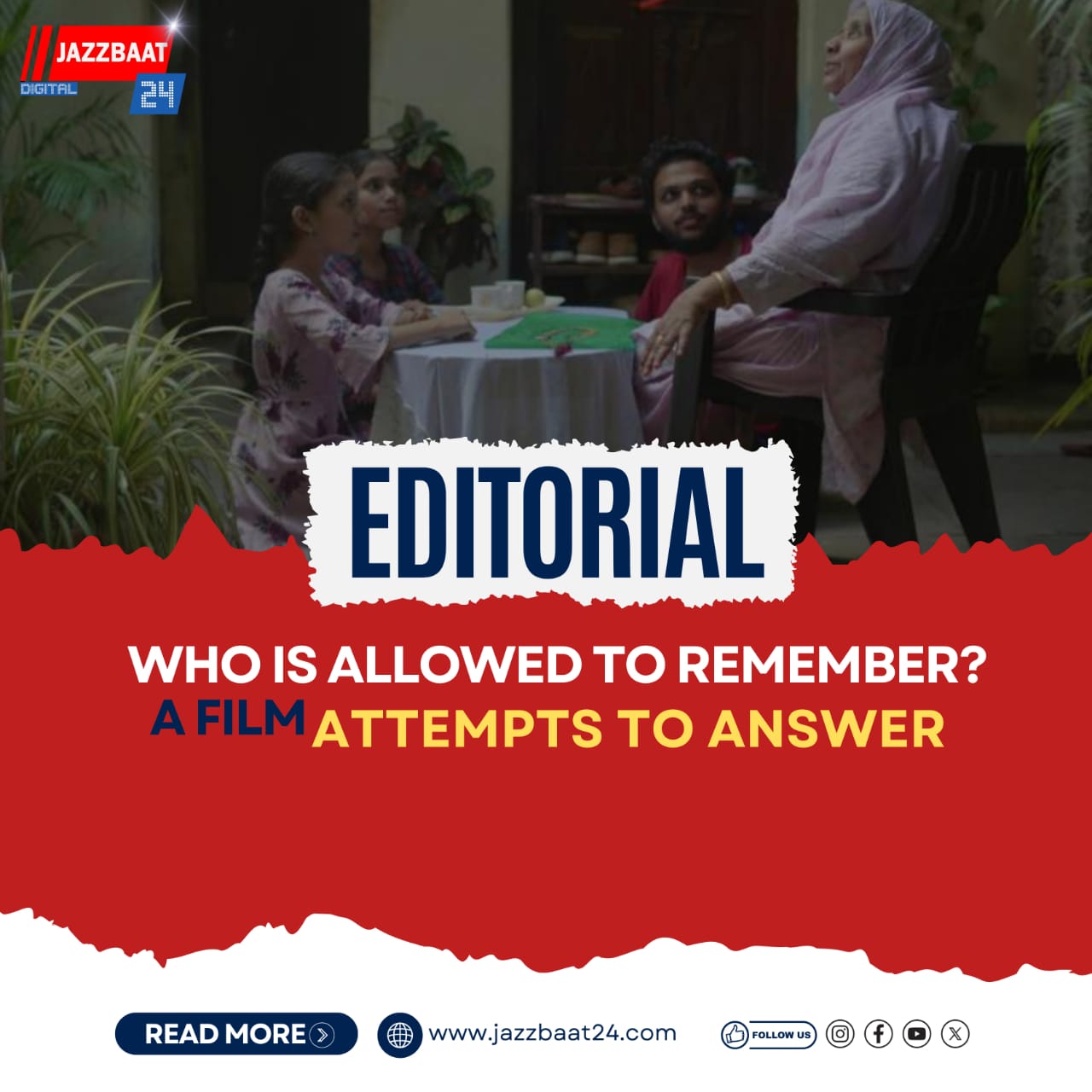Who Owns Memory?
Memory shapes our identities, yet not all are allowed to remember freely. A film explores who has the right to narrate history and claim their past.


A tragic incident occurred in Jammu and Kashmir’s Kupwara district as an Army soldier lost his life in a landmine...
2 Min Read
The chill continued across the Kashmir Valley on Monday, with night temperatures showing minor fluctuations, according to local meteorological officials....
2 Min Read
In the midst of the Cold War, a covert mission in the Indian Himalayas led to one of the strangest...
2 Min Read
A Delhi court on Tuesday granted temporary relief to Congress leaders Sonia Gandhi and Rahul Gandhi by refusing to take...
2 Min Read